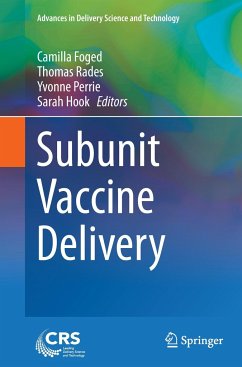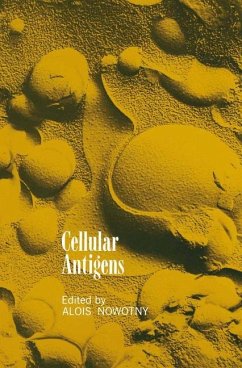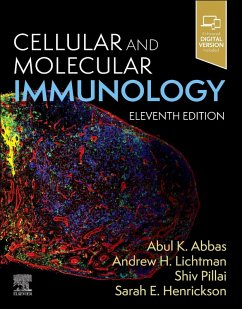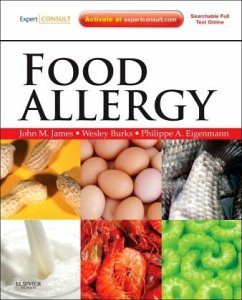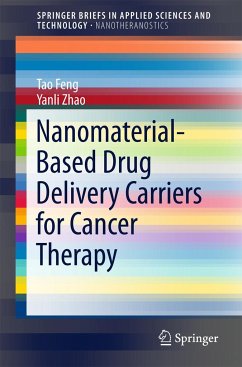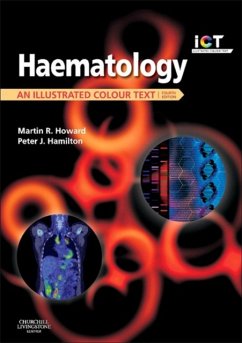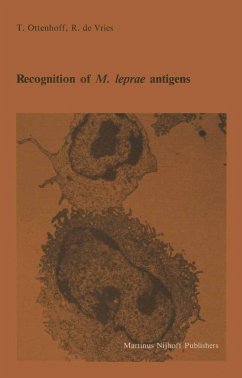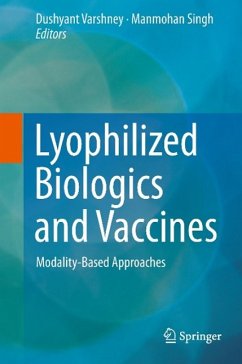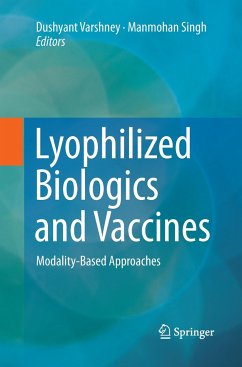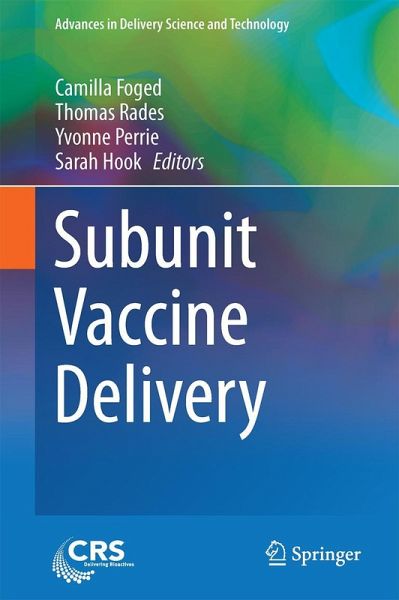
Subunit Vaccine Delivery

PAYBACK Punkte
57 °P sammeln!
This comprehensive volume compiles the concepts essential for the understanding of the pharmaceutical science and technology associated with the delivery of subunit vaccines. Twenty-one chapters are divided into four main parts: (I) Background; (2) Delivery Systems for Subunit Vaccines; (3) Delivery Routes, Devices and Dosage Forms; and (4) Pharmaceutical Analysis and Quality Control of Vaccines. Part one provide a basic background with respect to immunology and general vaccine classification. In part two, it presents representative types of vaccine delivery systems individually with focus on ...
This comprehensive volume compiles the concepts essential for the understanding of the pharmaceutical science and technology associated with the delivery of subunit vaccines. Twenty-one chapters are divided into four main parts: (I) Background; (2) Delivery Systems for Subunit Vaccines; (3) Delivery Routes, Devices and Dosage Forms; and (4) Pharmaceutical Analysis and Quality Control of Vaccines. Part one provide a basic background with respect to immunology and general vaccine classification. In part two, it presents representative types of vaccine delivery systems individually with focus on the physicochemical properties of the systems and their significance for the immune response they stimulate. These delivery systems include aluminum adjuvants, emulsions, liposomes, bilosomes, cubosomes/hexosomes, ISCOMs, virus-like particles, polymeric nano- and microparticles, gels, implants and cell-based delivery systems.
Following these chapters, part three addresses the challenges associated with vaccine delivery via specific routes of administration-in particular subcutaneous, intramuscular, oral, nasal, pulmonary, transdermal and vaginal administration. Furthermore, the specific administration routes are discussed in combination with device technologies relevant for the respective routes as well as dosage forms appropriate for the device technology. Finally, the fourth part concerns pharmaceutical analysis and quality control of subunit vaccines.
Following these chapters, part three addresses the challenges associated with vaccine delivery via specific routes of administration-in particular subcutaneous, intramuscular, oral, nasal, pulmonary, transdermal and vaginal administration. Furthermore, the specific administration routes are discussed in combination with device technologies relevant for the respective routes as well as dosage forms appropriate for the device technology. Finally, the fourth part concerns pharmaceutical analysis and quality control of subunit vaccines.






